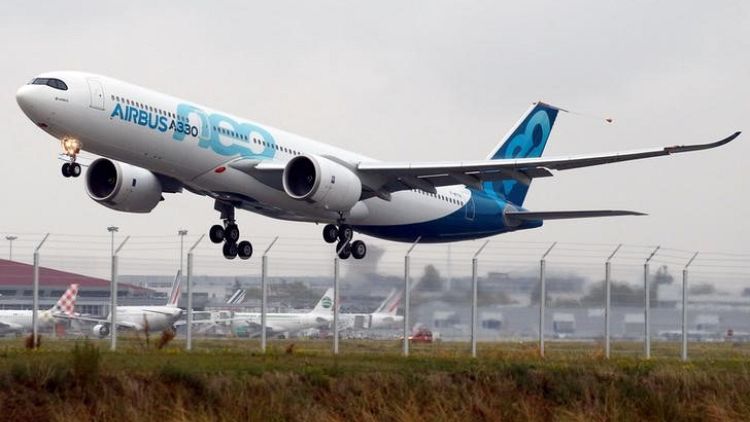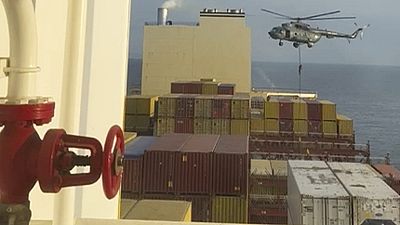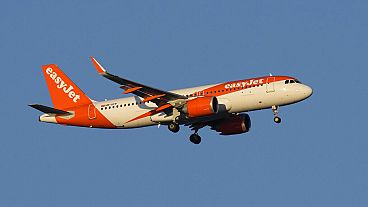By Paul Sandle and Tim Hepher
LONDON (Reuters) - British aero-engine maker Rolls-Royce <RR.L> said on Friday it would deliver fewer Trent 7000 engines this year than initially expected due to production problems, hitting both its shares and those of major customer Airbus <AIR.PA>.
Rolls-Royce shares plunged as much as 13 percent to a 1-1/2 year low of 747 pence after Bloomberg reported the delays. At 1230 GMT, they were down 4.6 percent at 832 pence, while Airbus's shares were down 2.9 percent at 95.07 euros.
Rolls-Royce said in a statement it now expected to deliver about 500 large engines this year, down from about 550 previously, and that it was working closely with customers such as Airbus, which is using the Trent 7000 on its new A330neo jet.
The problems come as the European planemaker is itself rushing to meet delivery targets this year.
The widebody A330 has historically been a second key source of cash for Airbus behind its best-selling A320, but the latest model has been hit by weak sales and engine reliability problems in testing.
"While the production ramp up issues in Q4 (the fourth quarter) are regrettable, such issues in the early stages of a new engine programme are not uncommon in our industry," Rolls-Royce said, reiterating its financial guidance for 2018.
"As we move into 2019 we are confident that Trent 7000 production and delivery volumes will increase significantly to meet our customer commitments."
Rolls-Royce has also been grappling with problems affecting blades on its Trent 1000 engines for more than two years, and last month said it was still managing durability issues within its fleet and was replacing affected parts.
The 7000 is derived from the 1000, but Rolls-Royce's chief executive Warren East said in June the new engine was not affected by the Trent 1000 problems.
East said in August the company faced challenges in producing significant quantities of its new engines – 7000s and 97Ks – in the second half, but was well positioned to overcome them.
Vertical Research Partners analyst Robert Stallard said in a note Rolls-Royce could have to compensate Airbus and airlines.
Market sources say the A330neo, a refresh of the A330 launched with fuel-saving engines in 2014 at a time when oil was above $100 a barrel, has struggled to make its mark because of lower oil prices and the popularity of the underlying model.
Additionally, Boeing <BA.N> has been targeting potential customers with its newer Boeing 787, many powered by alternative engines from Rolls-Royce rival General Electric <GE.N>.
Airbus and Rolls-Royce say the A330neo could benefit from a trend towards low-cost, long-haul operations, the economics of which are looking more attractive as oil prices return to $80.
But there are continued doubts about a major order from AirAsia <AIRA.KL>, which is now looking at smaller A321neo aircraft to replace part of its deal for 100 A330neo jets.
(Reporting by Josephine Mason and Ritvik Carvalho; Additional reporting by Tim Hepher and Paul Sandle; Editing by David Goodman and Mark Potter)



